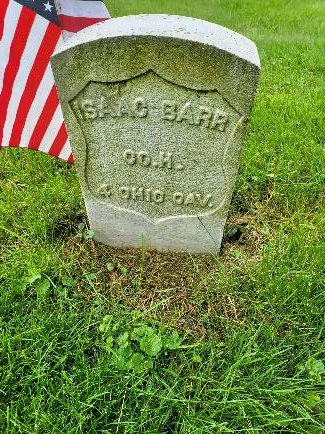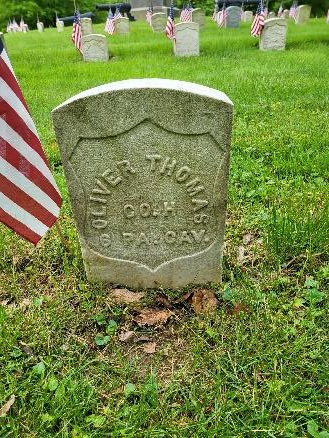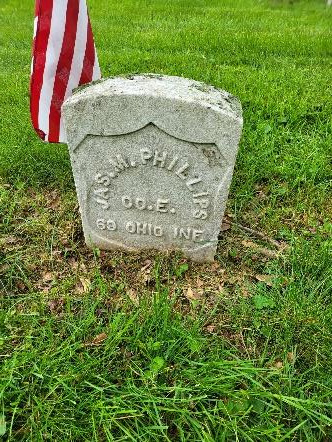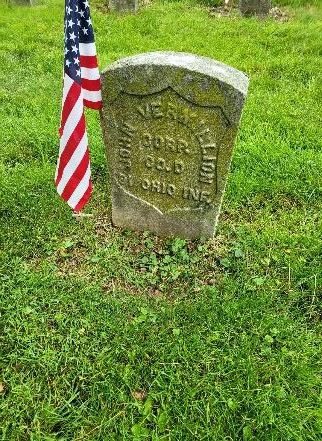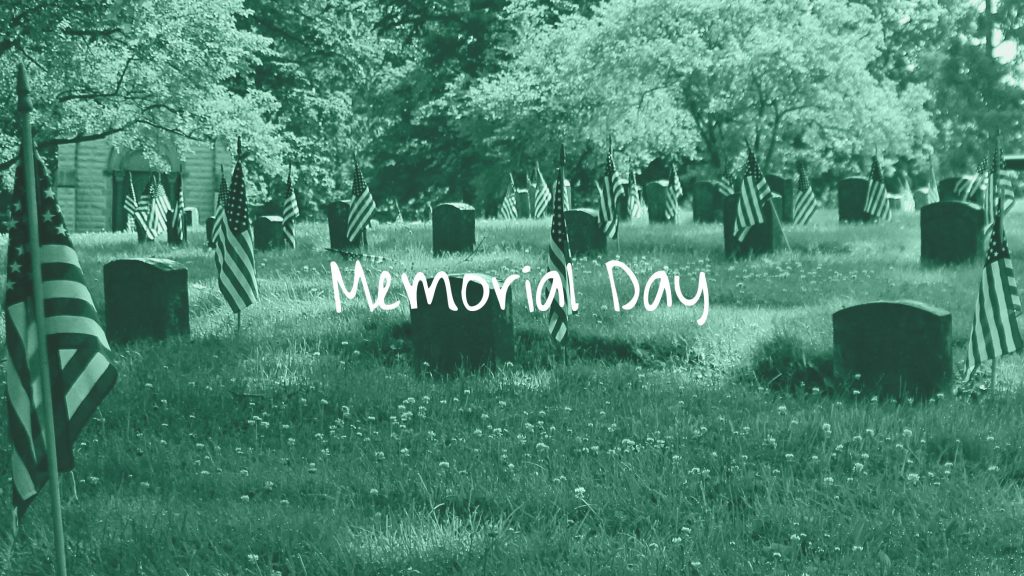|
Getting your Trinity Audio player ready...
|
Give respect to whom respect is owed, honor to whom honor is owed (Romans 13:7, ESV).
I have a photograph of my great-great-great-great grandfather. He is posing in a Civil War military uniform with the initials “GAR” on his hat.
The photograph has color. They didn’t have color film then, so they colored portions with pastels.
GAR (meaning Grand Army of the Republic) was an organization supporting former Union soldiers who fought in the Civil War. At the cemetery where I take weekly walks, there is a round section with a flagpole in the middle that is called the GAR Cemetery.
If you visit this cemetery just before Memorial Days, you will see each grave in the GAR Cemetery signified with a small American flag. A Boy Scout troop places the flags each year.
Memorial Day was originally called Decoration Day – started before the Civil War, when flags were placed on the graves of fallen soldiers. The practice became a national tradition during the Civil War with the grave of a fallen Civil War soldier decorated with flowers in Warrenton, Illinois, on June 3, 1861.
Decoration Day was honored by both the South and North. During the Civil War, over 850,000 soldiers were lost and Decoration Day became a time of mourning and healing for both sides.
The term Memorial Day began to be used in May 1882, but the name did not completely replace Decoration Day until after World War II. In 1968, Congress established Memorial Day as the last Monday in May.
And, yes, their reasoning included the idea of giving everyone a three-day weekend! Not surprisingly, one of the most popular decisions in the history of Congressional resolutions!
Congress also wanted our nation to pause and consider the sacrifices others have made in the past for the freedom that we have in the United States today.
Freedom has become a complicated today issue.
I’ve listened to media-types describe freedom in our country as built upon the subjugation of others. Words like “reparations” and “justice” enter the conversation. The complicated issues of today should not obscure the fact that the average age of a soldier in the Civil War was 25.
Young – too young to understand the issues of politics. They gave themselves for their understanding of freedom. I believe their sacrifice was for a just cause.
I give them honor for their service.
Honor to… Isaac Barr, 4th Ohio Calvary.
Honor to… James Phillips, 69th Ohio Infantry.
Honor to… Oliver Thomas, 6th Pennsylvania Calvary.
Honor to… John Vermillion, 91st Ohio Infantry.
And honor to the rest of the soldiers in the GAR cemetery, and for those who lost their lives in other wars as well.
